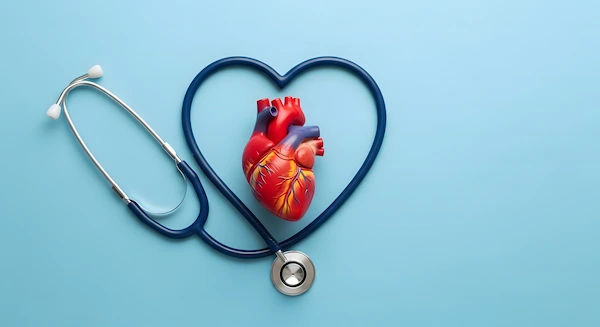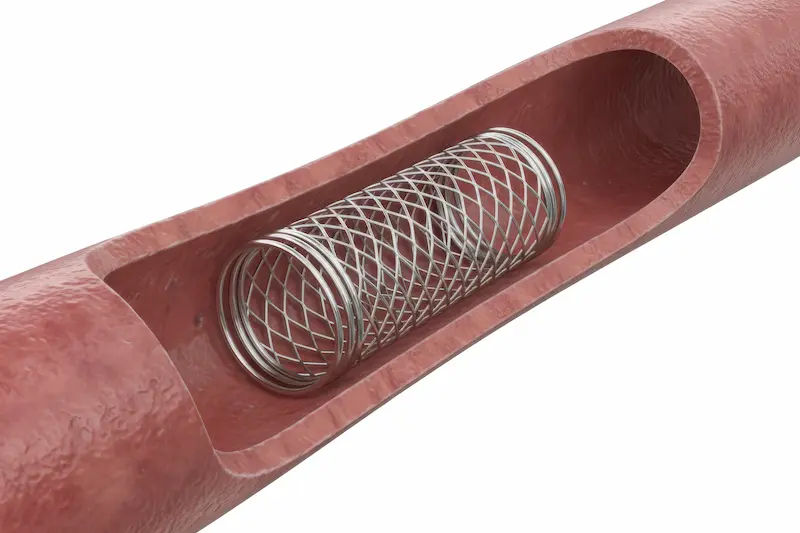- female
- 65 Years
- 22/01/2025
I'm really worried about my mom. She had bypass surgery back in September 2022, and every now and then she gets this angina-like pain near the stitches in her chest. It's really unsettling. Plus, she's dealing with type 2 diabetes and thyroid issues too. Can you help me figure out what's going on and what we should do about it?
Answered by 1 Apollo Doctors
It is important to manage angina pain effectively, especially after bypass surgery. I recommend she takes Nitroglycerin sublingual tablets as needed for chest pain. The dosage is usually 0.3 to 0.4 mg every 5 minutes for up to three doses. Additionally, she can take Aspirin to help reduce the risk of blood clots and relieve chest pain. The usual dosage is 81mg to 325mg once daily. Since she is diabetic, it's crucial to control her blood sugar levels. She can take Metformin to help manage her diabetes. The usual starting dose is 500mg or 850mg once daily with meals. For her thyroid condition, she can continue taking Levothyroxine to regulate her thyroid hormone levels. The dosage will depend on her TSH levels as determined by her doctor.
Dr. Kareemulla Suggests...
Consult a Cardiologist
Answered 04/07/2025
0
0

More Cardiology Health Queries
View allI'm a bit concerned and looking for advice about stopping my Concor Cor 2.5mg medication. My doctor suggested I should stop taking it directly, but I'm worried if thats the right approach. Could you give me a second opinion on whether it's safe to quit Concor Cor 2.5mg permanently? My 2D Echo shows normal LV function.
No ,you cannot stop the medication suddenly since it may worsen the symptoms, physician opinion is advised..
Answered by 1 Apollo Doctors
I'm a bit worried because for the past two days, I've been having some breathing discomfort, but it's not constant. It mostly happens after I've eaten in the afternoon and at night. I'm also experiencing some pain in my shoulder. I just started Zumba exercises, and it seems like this all started the day after. Do you think there's a connection? What's going on with my breathing and shoulder?
take tablet zerodol and tablet pantoprazole for 5 days
Answered by 1 Apollo Doctors
I'm a 45-year-old guy and lately, I've been feeling these weird, increased palpitations and some breathlessness. A buddy of mine had these same symptoms and it turned out to be mitral valve prolapse. Can you tell me what symptoms come with mitral valve prolapse? I'm trying to figure out if that's what I might be dealing with.
Increased palpitations and breathlessness can be symptoms of mitral valve prolapse. Other symptoms may include fatigue, dizziness, chest pain, and a feeling of fluttering in the chest. It is important to consult a doctor for proper diagnosis and treatment plan.
Answered by 1 Apollo Doctors
Disclaimer: Answers on Apollo 247 are not intended to replace your doctor advice. Always seek help of a professional doctor in case of an medical emergency or ailment.





